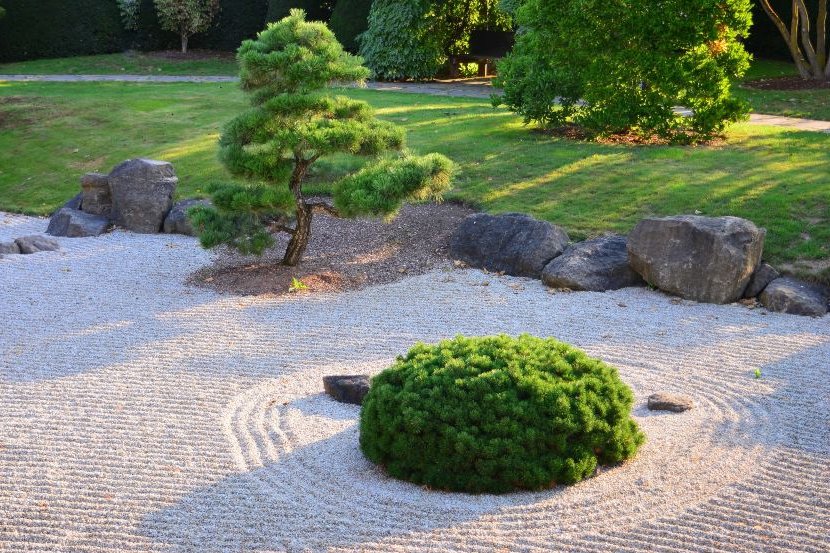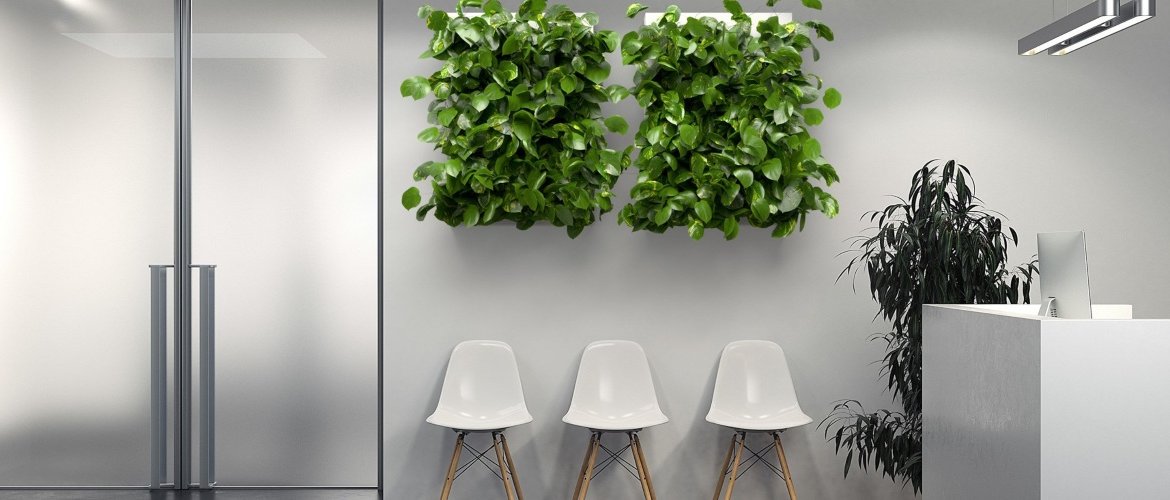Discover the benefits of hypoallergenic gardens
Outdoor spaces are a source of inspiration. But they can also become the source of much discomfort when suffering from allergies. Rhinitis, conjunctivitis and other complications linked to the existence of pollen in the air from plants or, in other words, to anemogamous pollination are common, especially during the spring and summer. Hypoallergenic gardens are the solution.

Hypoallergenic gardens are an excellent alternative to enjoy nature without suffering the discomfort caused by allergies caused by many species of trees and plants.
Some people choose to avoid contact with nature to minimize discomfort. However, it is not necessary to give up the outdoors. Hypoallergenic gardens are a feasible solution to enjoy the outdoors without leaving home and with guarantees for allergy sufferers.
The greatest benefit of these natural spaces is precisely the elimination of the risk of suffering any of the reactions of the immune system to the substances that cause allergy. From that point on, everything is an advantage.

Like any other outdoor space, whether or not it is suitable for allergy sufferers, having a garden means a revaluation of the home. If the pandemic has taught us anything, it is precisely to value living space and contact with nature as elements of well-being.
Therefore, having a green area in the privacy of the home is an added attraction that will be even more attractive if it is not conducive to allergies.
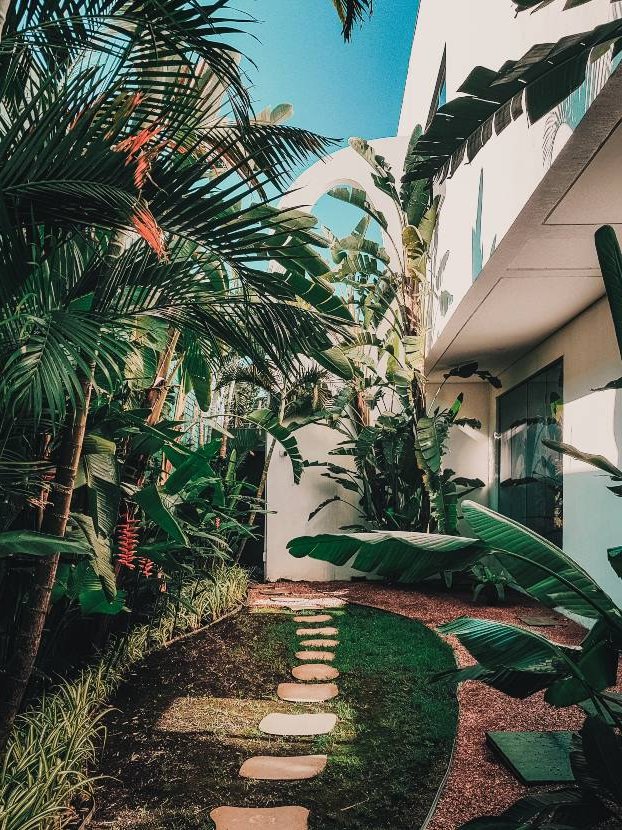
It is no secret that contact with nature is a source of well-being, a sensation that can turn into the opposite when the plants in question awaken your allergies.
However, choosing the right species will allow you to create a setting in which to improve your mood and your health. Enjoying the harmony and serenity of the natural environment, connecting with the landscape and giving you the chance to escape from the stress of everyday life are, without a doubt, benefits of having one of these green areas.

The daily routine can sap your energy to enjoy a healthy life. However, another of the benefits of hypoallergenic gardens is that they invite you to develop healthy lifestyle habits. The idea of having your own urban garden -these types of vegetables do not usually cause allergies- is just one example, but there are more.
These settings are also ideal for outdoor sports such as yoga, a perfect way to balance body and mind, free from the threat of allergies.
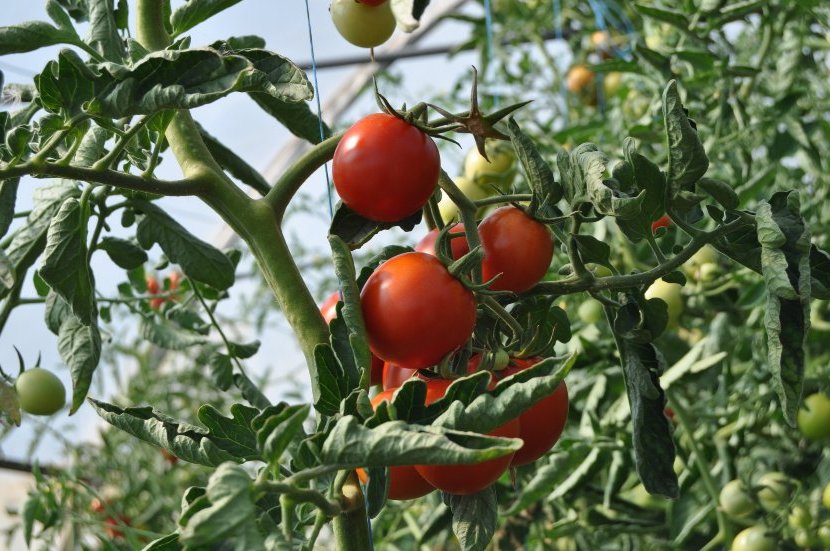
Minimizing the consequences of the dreaded allergies involves researching and designing the garden to include tree, plant and shrub species that meet certain requirements.
If the benefits at the individual level are not enough, this type of garden adds to the possibility of convening family gatherings or gatherings with friends, the fact of doing so safely for all guests. As a good host you will want your guests to be comfortable and in these cases the scenery will not be a problem.

The benefits of hypoallergenic gardens are numerous, but how do you transfer them to your garden? The answer is simple: do your research. There are a multitude of plants with anemogamous pollination. From trees such as cypress, birch or hazel. Through the oak, to plants such as horsetail, mugwort or ragweed. All of them have a huge allergenic potential so you should avoid them.
The varieties that do have a place in this type of garden are those known as self-pollinating or those pollinated by insects. You can also complete the chapter of "friendly plants" with a selection of aromatic plants that, in general, are not allergenic.

Lavender, mint, rosemary... Not only will you decorate the garden, but they will also be useful for stews and cocktails. Other alternatives that you can include are succulents. Cactus, aloes, agaves, echeverias or crassulas will be great allies.
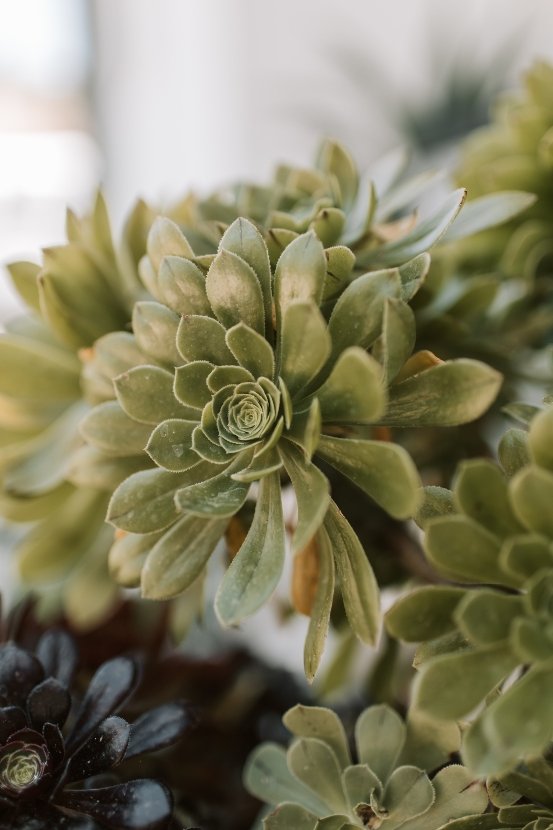
The recommendations to create your hypoallergenic garden do not end there. Betting on designs with stones, in the style of Japanese gardens can be a good alternative if you are allergic. The list of species that fit in with these proposals includes bamboo, rhododendrons, azaleas, mosses... And if you have a pond, go for aquatic plants!
Grass, however, is best avoided, although if you don't want to give it up, be sure to mow it regularly so that it doesn't have the tendency to bloom.
